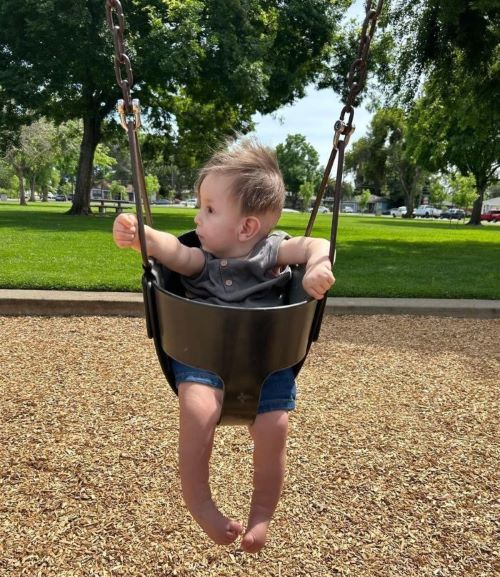Rare treatment from the 1970s extends newborn's life by 700%
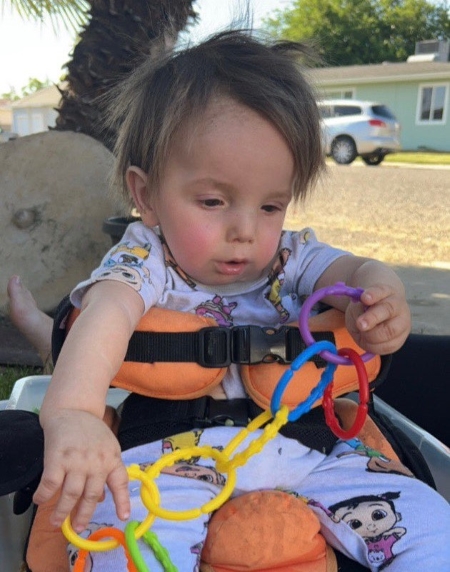
At just one year old, Mateo constantly tires out his five-year-old brother, Gaven. “We’ll be at the park, exhausted, and Mateo will be asking for another round on the swings,” laughs his mother.
At first glance, one might not expect that this vibrant and happy baby has already faced challenges that most will never experience in a lifetime. Mateo’s battle with Menkes disease—a rare, life-threatening genetic disorder—has been nothing short of extraordinary. A journey that began amidst the uncertainty of a grim diagnosis has unfolded into a story of resilience, medical breakthroughs, and life-extending care.
Mateo's mother, Brittany, knows all too well the devastation of this disease. "This isn’t the first time Menkes has struck my family," she said. “I’ve had five brothers with the same diagnosis, but they never received treatment. Mateo’s story is different, and he’s living his best life thanks to the team at the Medical Center.”
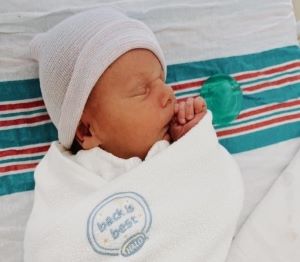
Menkes disease affects copper levels in the body, leading to severe developmental delays, weak muscle tone, and often premature death. Without intervention, life expectancy is tragically short. However, with a groundbreaking treatment initially developed in the 1970s, Mateo’s prognosis has transformed drastically. Once expected to live only one to three years, he now has a life expectancy of more than 20 years, thanks to a rare copper histidine treatment that had never been used at UC Davis Health before.
Navigating a rare and complex disease
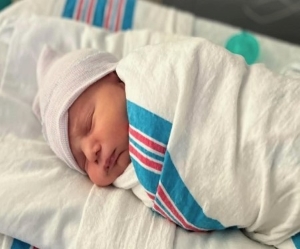
When Mateo’s condition was confirmed, he was also battling a secondary illness—E. coli meningitis. The emotional toll was immense for the family, but Brittany recalls the experience at UC Davis Health with deep gratitude. “There was so much thrown our way seemingly all at once, but our experience was very good. Yes, it was mentally tough learning one thing after another, but everyone we met—doctors, nurses, receptionists, security guards—each person was thoughtful, kind and supported us so much,” she said.
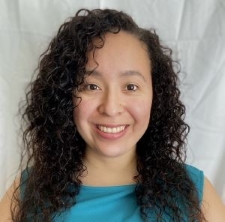
Leading Mateo’s care was Madelena Martin., a developmental behavioral pediatrician and world-renowned researcher at the UC Davis MIND Institute, along with her dedicated team. Brittany credits Martin and Senior Clinical Research Coordinator Abgail Borbe for going above and beyond to ensure that Mateo could access the treatment in record time. Abigail recalled, “It was a lot of following up with many different people to ensure this was running smoothly and that it was on people’s radar … time was of the essence.”
Within just 4.5 weeks—a process that typically takes six months—the team at UC Davis Health had navigated the complex regulatory landscape to secure the life-saving medication.
Brittany emphasizes how critical their communication was during this waiting period. “We never went a day without updates. Everyone always made sure we knew what was going on and that we were never left behind, wondering … It was the kind of support you’d want in our situation.”
Compassionate care makes the difference
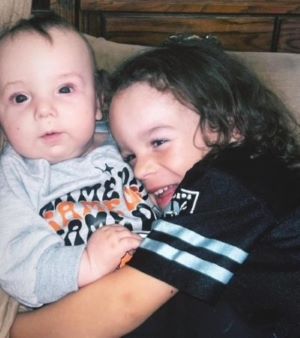
As Mateo’s care team and family waited to see how he responded to the treatment, Brittany grew anxious and leaned on those around her. “It was a rollercoaster of emotions in the NICU, and nurses Nicole Schneider and Adesola McCormick were exceptionally supportive,” she says. “They were there for all the ups and downs, helping me through the hardest times.”
One particular memory stands out in Brittany’s mind. During one of the more difficult days in the NICU, a staff member—whose name she can’t quite recall—made a small, yet unforgettable gesture. “She brought my oldest son, Gaven, a cape and some toys. That really stays with me. It wasn’t just about Mateo—they knew our family was going through this together, and made sure we all felt supported.”
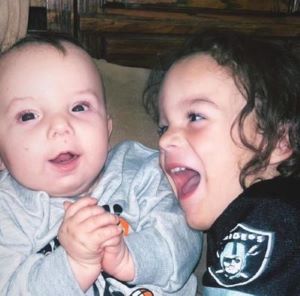
These small acts of kindness, combined with the clinical expertise of the UC Davis Health team, made an otherwise overwhelming experience more manageable. “The nurses showed me everything I needed to know, especially when it came to Mateo’s shots. They made this new, scary reality easier, and I’m forever grateful for that,” Brittany reflects.
Over the past year, Mateo has reacted exceptionally well to the copper histidine treatment. Thanks to early exposure, it has helped manage his symptoms, improve his muscle mass and prevent the onset of neurological complications.
Hope for the future

Mateo’s journey with UC Davis Health began in April 2023, and while the road ahead still presents challenges, Brittany is filled with optimism. “My baby is strong, happy and loves to smile…This could have ended very differently and I’m glad I had the people I had to help us get where we are today. I’m also able to have peace of mind knowing UC Davis Health can offer such incredible, high-quality care should we need it.”
Brittany hopes that by sharing her story, UC Davis Health employees will realize their profound impact on patients and families like hers. “The things you do and say really leave a mark,” she said. “The support you’ve given us has made all the difference in the world to our little family, and I’m so thankful.”
UC Davis Health's "Believe in Better" stories, like Mateo’s, are a testament to each employee's ability to make a difference. They remind us that innovation and compassion can transform what seems like an impossible situation into one filled with hope, joy, and many more afternoons on the swings.
